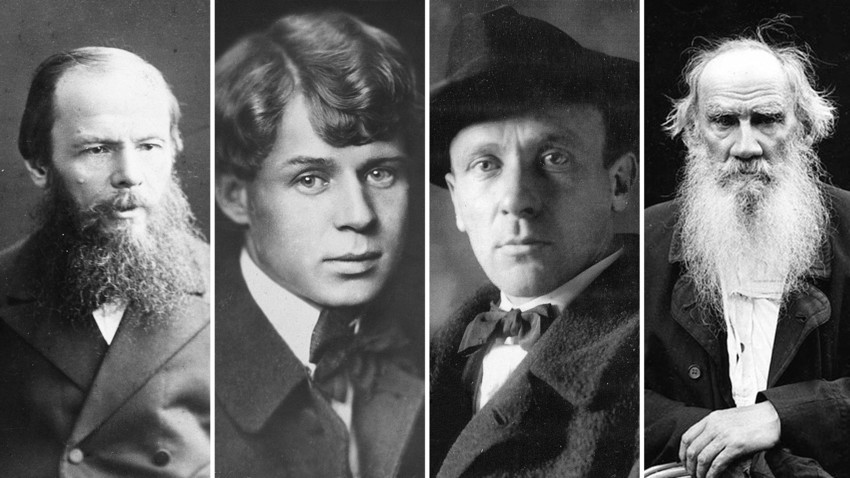
Four great Russian authors who suffered from deep obsessions.
Vadim Nekrasov, Wikipedia, Viktor Gritsuk, Karl BullaNo one is perfect, and even the greatest people struggle with their weaknesses, alternating winning
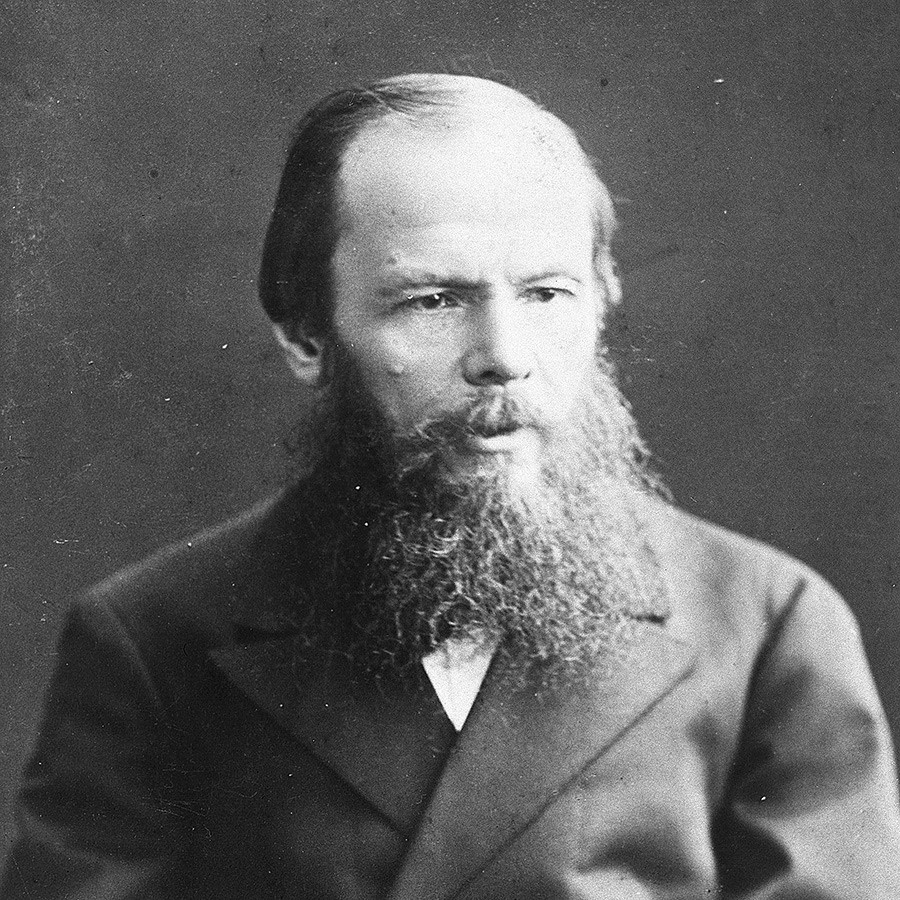
Fyodor Dostoyevsky.
Vadim Nekrasov/Global Look PressDostoyevsky (1821–1881), famous for his deep psychological novels, reflecting the darkest corners of the human soul, led a hard life himself – and one of the beasts he had to fight against was a gambling addiction. In 1862, while on vacation in Germany, the writer tried playing roulette and the passion consumed him.
For a decade, Dostoyevsky played as if insane, trying to win big – but only losing. His wife Anna recalled: “He used to come back home pale and exhausted, asking for money, go back to casino… on and on, until he lost everything we had. He used to cry, kneeling before me and asking for forgiveness…”
The writer understood his weakness well. “My nature is vile and too passionate,” he wrote to a friend – while asking him for money after losing everything at roulette. He was, however, strong enough to overcome the addiction. After1871, when his first son was born, he never again played roulette. Earlier, in 1866, he had written a novel reflecting his own addiction – The Gambler.
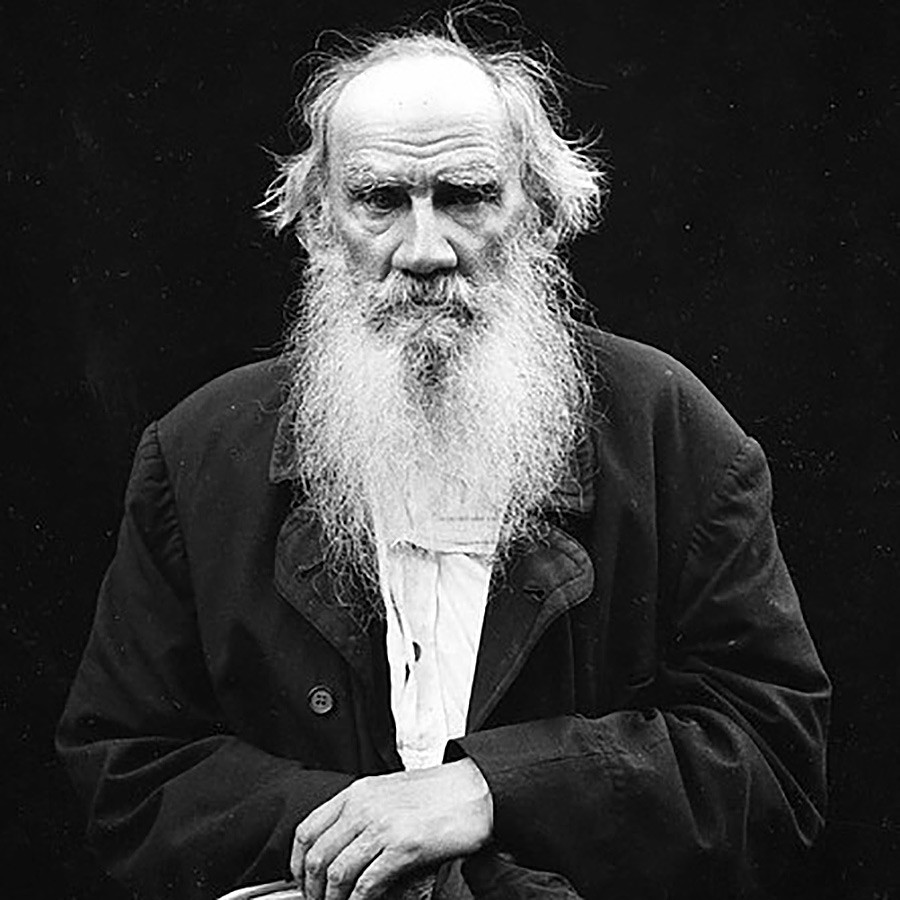
Leo Tolstoy (though he was younger than in this photo while suffering from sex addiction).
Karl Bulla/WikipediaCombined with high moral standards (which Tolstoy set himself but constantly failed to observe) this all led to a permanent sense of guilt. His diaries are full of penitential notes: “I’m disgusting”. After marrying his wife Sofia in 1862 he settled down – and in 1890 even wrote The Kreutzer Sonata, a novella criticizing the whole notion of sexual relations and calling for chastity.
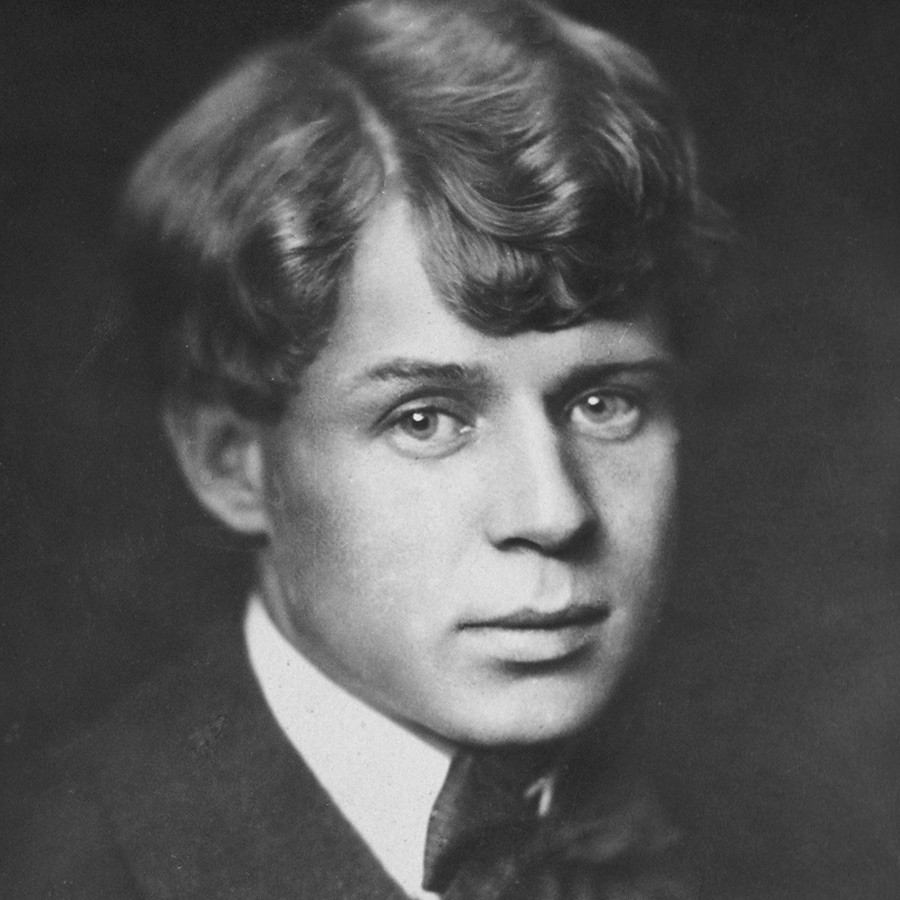
Sergey Yesenin.
Wikipedia“I poisoned myself with this bitter poison… blue eyes are wet with vodka,” Yesenin wrote about himself a year before his suicide. Vladimir Chernyavsky, a friend of his, quoted him, desperate: “How do you not get it, I can’t help but drink… If I didn’t drink how would I survive this…” Ultimately, he didn’t.
Yesenin is far from being the only Russian writer with a drinking problem. The same was true for Alexander Fadeev, who headed the Union of Soviet writers, dissident writer Venedikt Yerofeev and Sergey Dovlatov, an émigré writer who left Leningrad for New York. Fadeev shot himself; the other two died relatively young – it seems that for Russian authors obsessive drinking never turns out well. Neither it does for anyone.
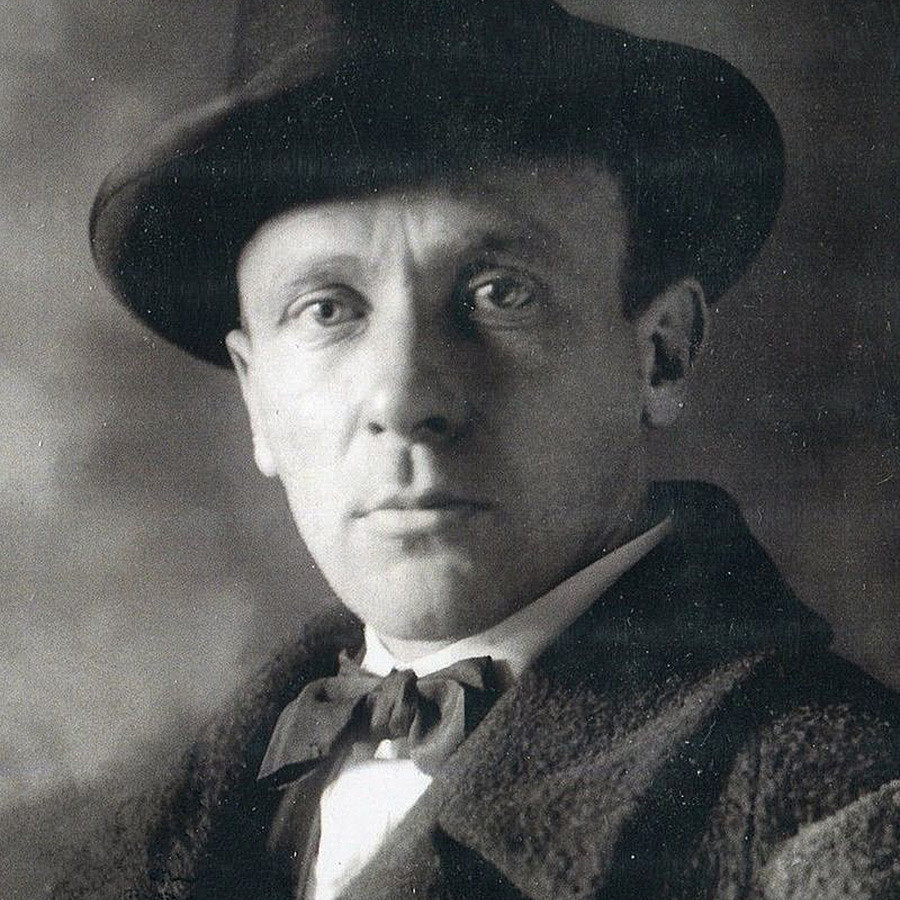
Mikhail Bulgakov.
Viktor Gritsuk/Global Look PressBulgakov (1891–1940), famed for
“Every day, he wakes up and tells me: “Go to the drugstore, bring me morphine,” Bulgakov’s first wife Tatiana Lappa recalled. “I had to run all around the town to get some and he was waiting for
Lappa helped Bulgakov to recover – through slowly reducing the dose.
Lives of Russian writers could be hard and full of obsessions – but their deaths could be even worse. Here's our text on most horrendous deaths of Russian authors.
If using any of Russia Beyond's content, partly or in full, always provide an active hyperlink to the original material.
Subscribe
to our newsletter!
Get the week's best stories straight to your inbox